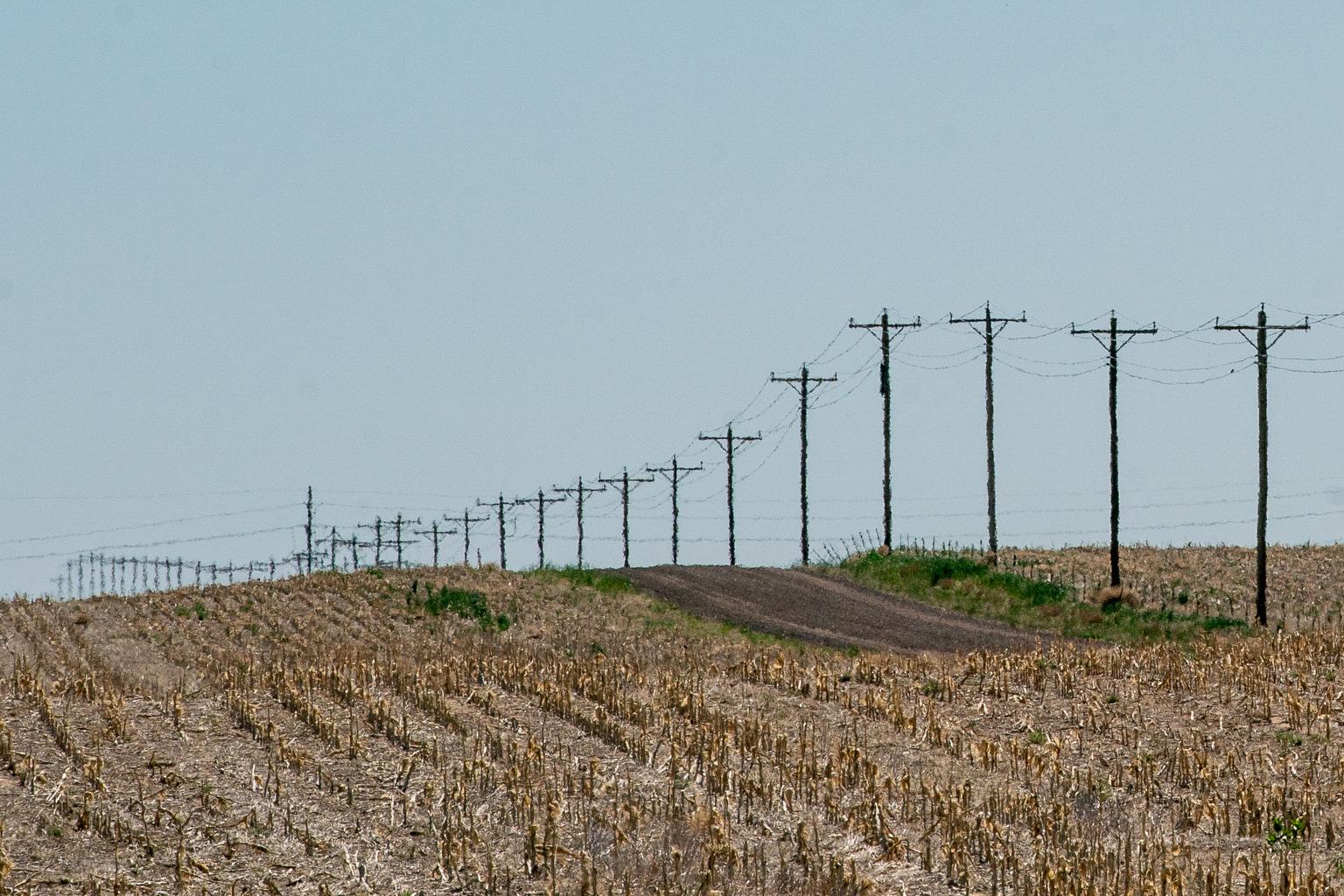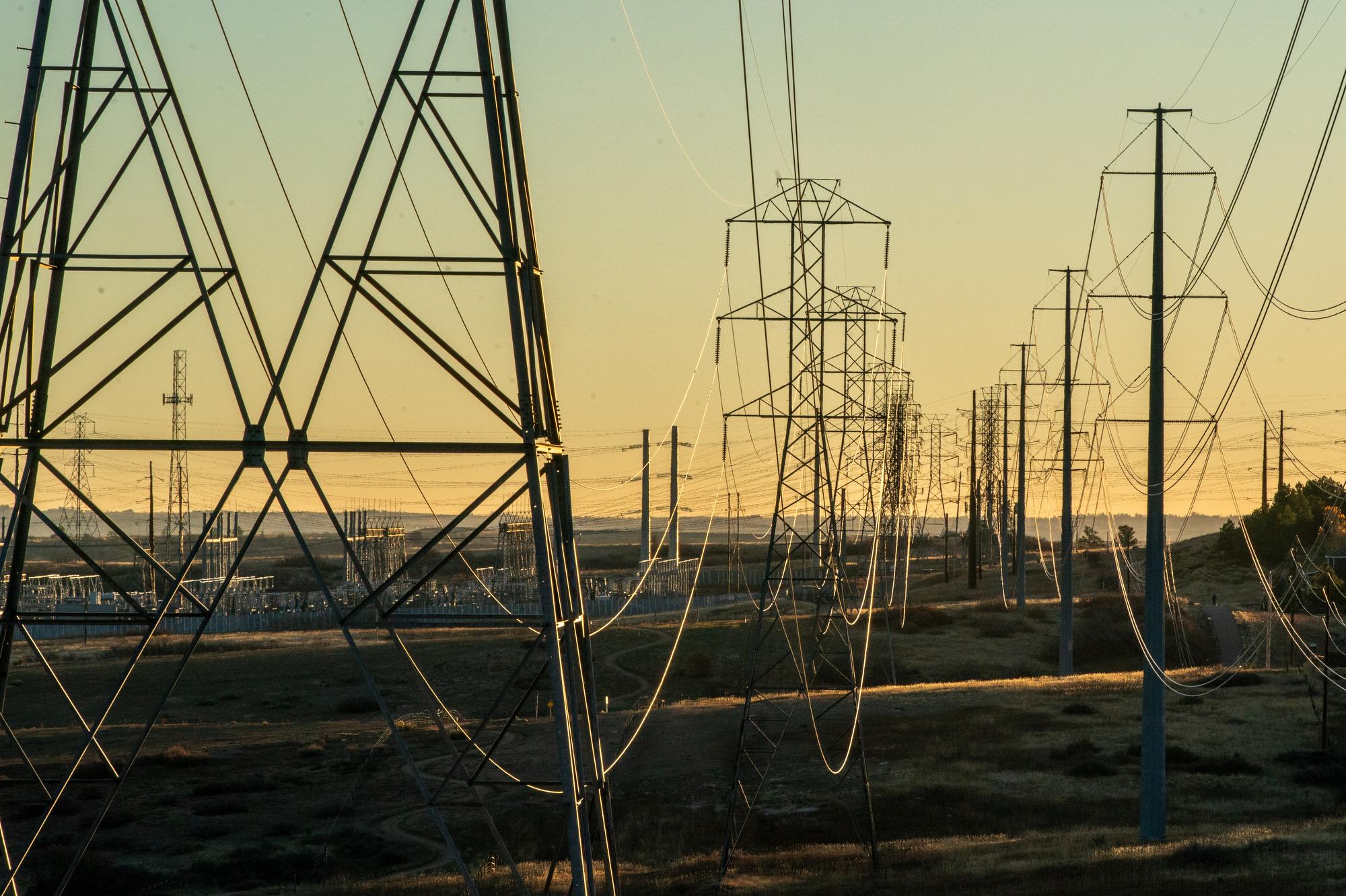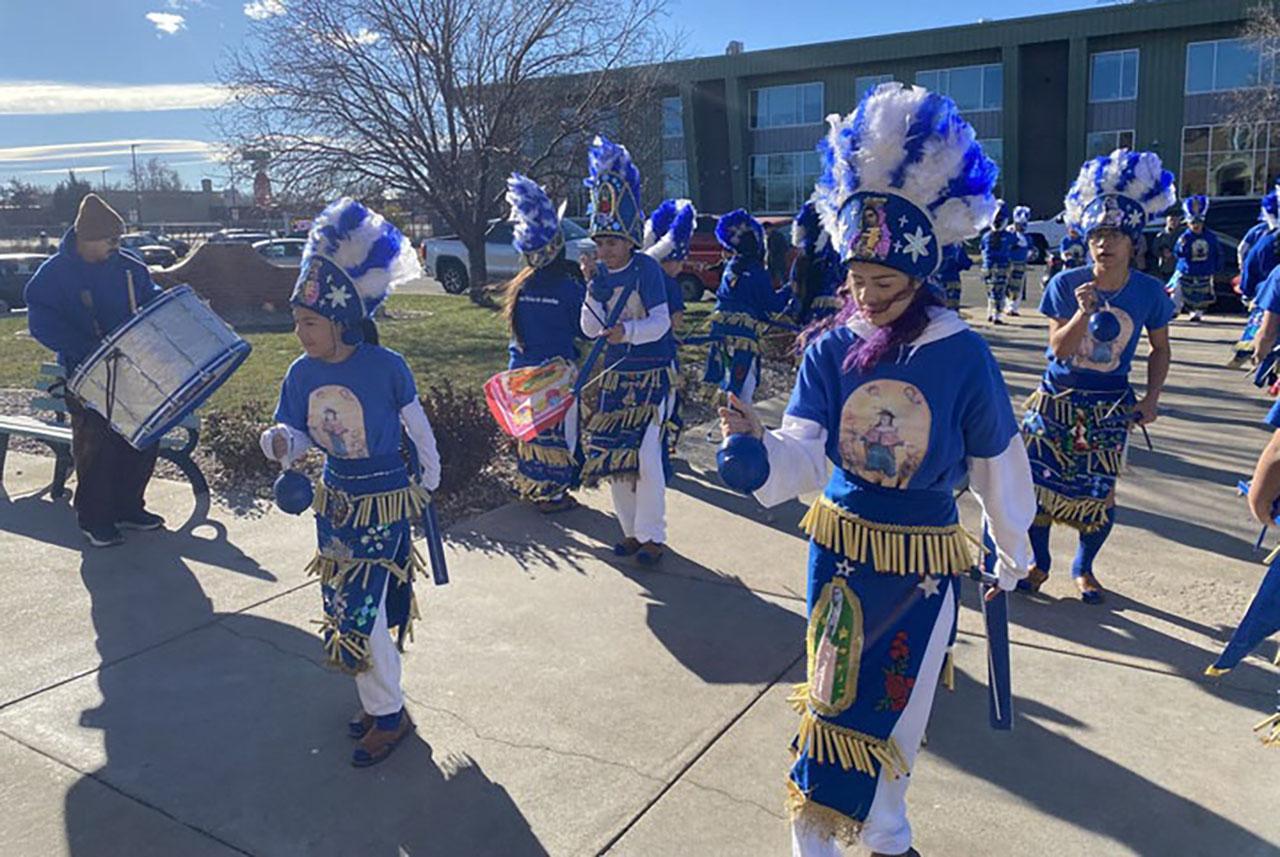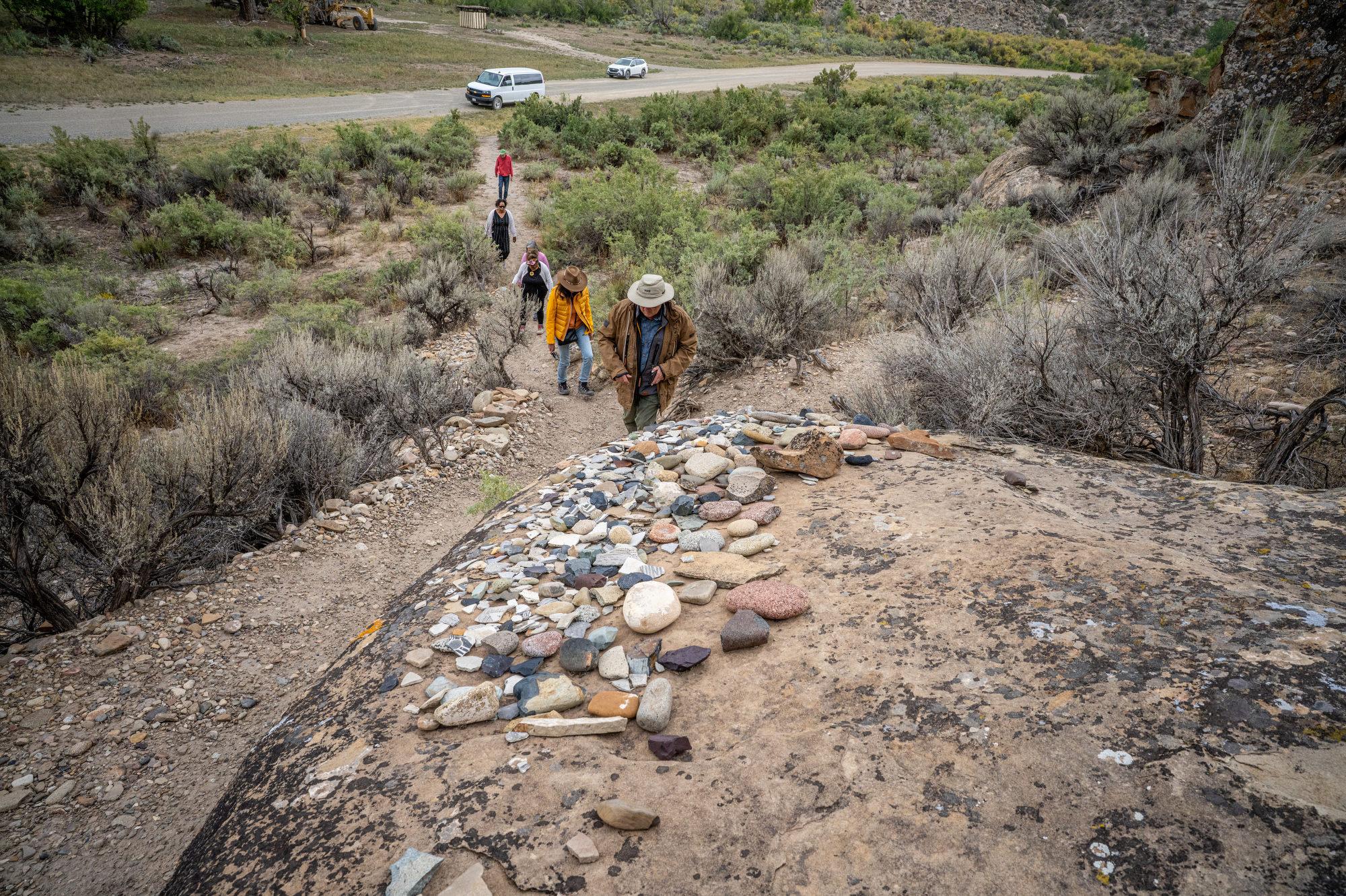

Colorado Gov. Jared Polis has signed sweeping new regulations for the booming oil and gas industry. In a lengthy press conference, the governor talked about ending the contentious wars between oil and gas companies and communities.
“I will ask that those in this room and those who are not in this room commit to seeing this bill and this effort be a success for implementation and for the future of Colorado,” he said.
The new law comes two years after a deadly home explosion linked to an underground well line in Firestone.
Erin Martinez lost her husband and brother in the blast. She was severely injured.
“It was really important to us that this doesn’t happen to another family in Colorado. The best way to honor my husband and brother is to make sure that something positive comes out of a horrific death.”
Colorado’s oil and gas industry vehemently opposed the regulatory overhaul and raised concerns about an economic slowdown. Last year was the most productive year on record for oil in Colorado. The dramatic changes from the Democratic-led state legislature have stoked fears of an industry slowdown in Weld County, where 90 percent of oil is pumped.
“The ultimate impact of Senate Bill 181 will be determined by many complicated regulatory rulemakings at both the state and local levels, which could take years to complete,” said Dan Haley, Colorado Oil and Gas Association President and CEO. “We are committed to being an engaged stakeholder and constructively working with the governor’s administration to try and get it right.”
Democrats say the overarching goal of the new law is to prioritize public health and safety. The first part of the new law allows local governments, if they choose, to have a say in where wells go. The second part focuses on the Colorado Oil and Gas Conservation Commission, the state regulator.
The law requires the state to appoint new regulators with specific expertise in things like public health, environment, wildlife protection and soil. Processes will also start on a half dozen new rules that need to be crafted for methane leaks and safer underground flowlines.

COGCC Director Jeff Robbins announced a delay to the agency’s regular April meeting and now expects to meet in May. He said the regulatory agency has a close eye on the more than 6,000 drilling permits that are backlogged and will try to avoid lengthy delays.
“We are also taking some efforts immediately to address the concern of the backlog [of drilling permits] and how we can make the commission more productive in terms of looking at oil and gas wells,” he said.
Efforts are already underway to repeal the new law.
Weld County Commissioner Barbara Kirkmeyer told CPR she plans to move forward with signature gathering for a statewide ballot issue to scrap it the new regulations.
But Polis was hopeful at the bill signing about next steps, and said that the state is “at the threshold of ending the oil and gas wars in Colorado.”
“The framework that Senate Bill 181 provides allows us to settle our differences in a discrete and reasonable way rather than pulling the whole state economy down with us or by overarching initiatives or bullying our friends and neighbors. That will end,” Polis said








